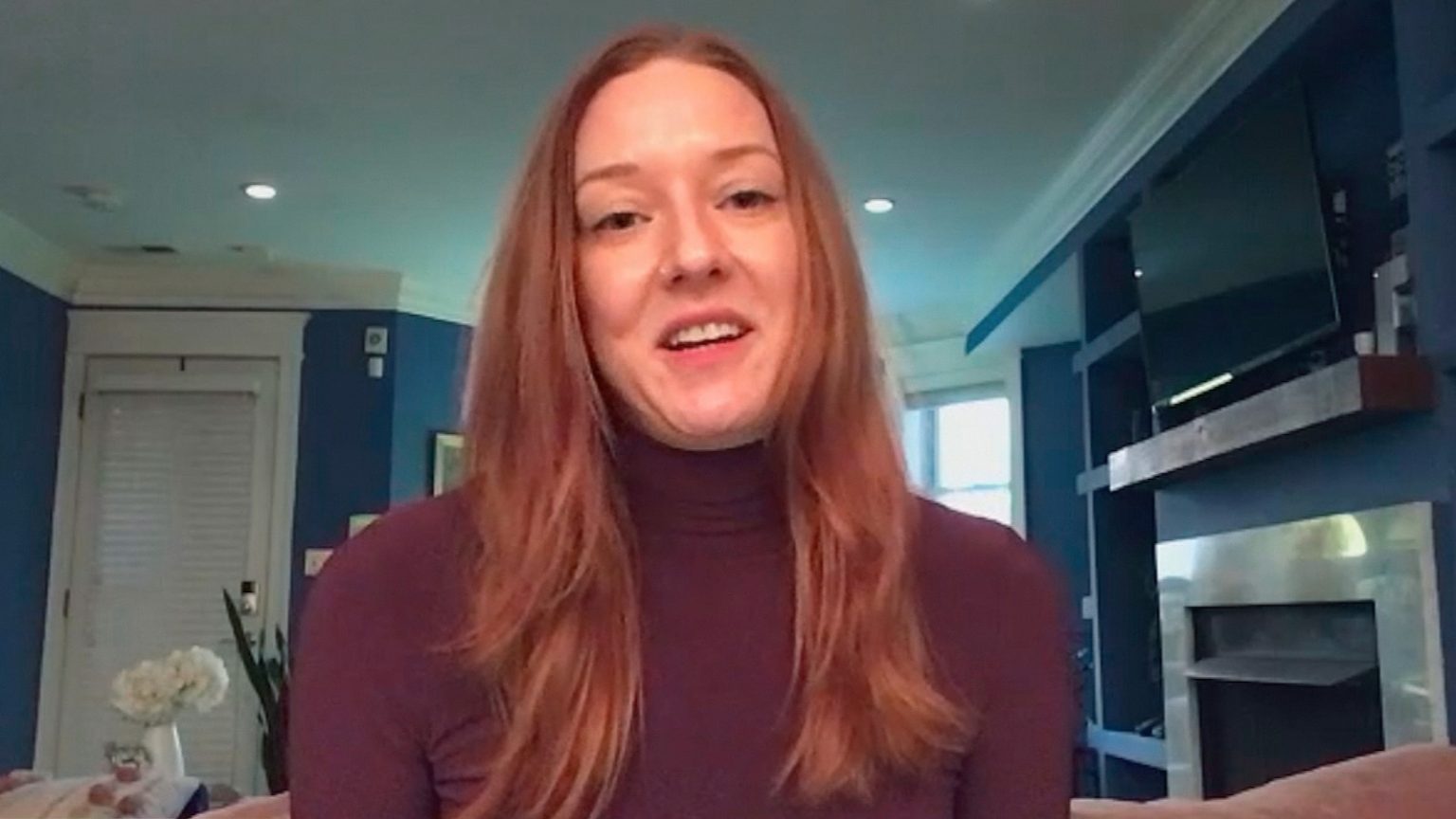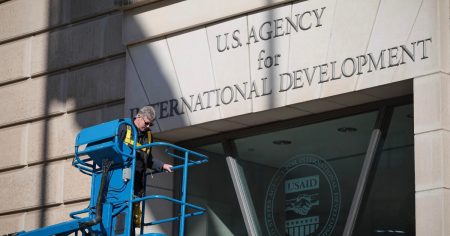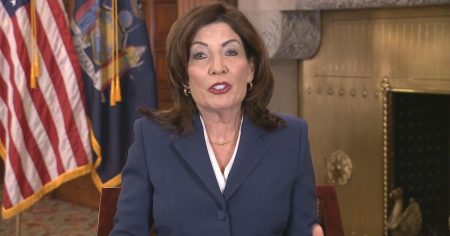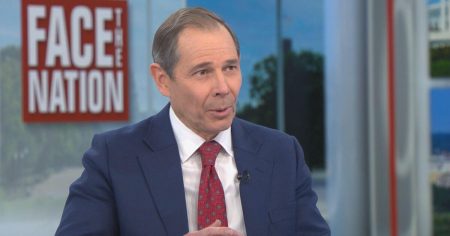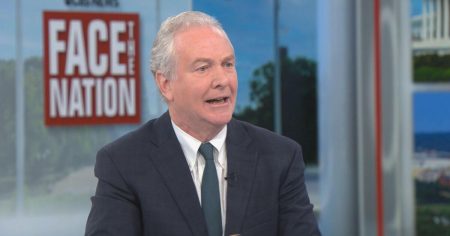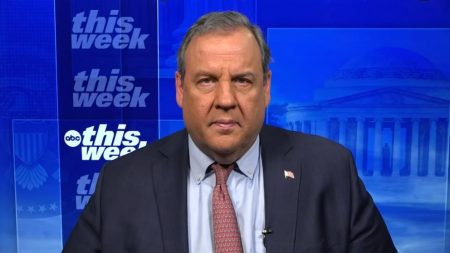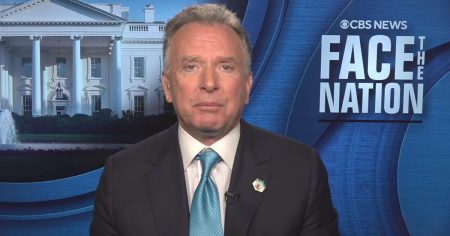The Unraveling of Stability: Federal Employees Face Uncertainty Amid Mass Layoffs
For many, a federal government job represented more than just a paycheck; it was a symbol of stability, a chance to serve the country, and often a "dream" career. However, the sense of security that came with these roles was shattered when the Trump administration began slashing government agencies just a week into its tenure. Employees who were abruptly let go found themselves navigating a whirlwind of uncertainty, left without clear guidance on their next steps or even the necessary paperwork to file for unemployment. Elizabeth Aniskevich, a former litigation counsel at the Consumer Financial Protection Bureau (CFPB), described the experience as a "roller coaster of emotions." Along with 70 other employees, many of whom were still in their probationary period, Aniskevich was terminated without warning. The group has since banded together through a group chat, sharing what little information they can gather. "We have no real understanding of when our health insurance terminates," Aniskevich explained. "We were just basically tossed out on the streets."
A Sudden End to Stability: The Financial and Emotional Toll of Termination
The abrupt nature of the layoffs has left many former federal employees in a state of crisis. Aniskevich, who is the sole provider for her household, expressed deep concern about her ability to continue making mortgage payments. "I worked really hard to buy this house on my own after putting myself through law school," she said. "I don’t know how I’m going to continue to make mortgage payments very far into the future." Her story is not unique; many of those terminated were relying on their federal jobs to support themselves and their families. The termination letters arrived without warning, and paychecks stopped immediately, leaving employees stranded without income or benefits. The lack of communication from the government has only exacerbated the stress. "We have not received forms that are requested to file for unemployment," Aniskevich said. "We have no real understanding of when our health insurance terminates. We just have no information."
The Loss of a "Dream Job": Public Servants Left Adrift
For many of those affected, their federal jobs were more than just a career—they were a calling. Elizabeth Aniskevich, for instance, was raised in a military family and had always felt a deep commitment to public service. "My dad was in the military for 27 years, and he really instilled in me a commitment to this country and to public service," she said. Her decision to work at the CFPB was a natural extension of that upbringing. Similarly, Victoria DeLano, an equal opportunity specialist in the Education Department’s Office for Civil Rights, described her job as a "dream position." She was passionate about advancing the rights of students with disabilities and saw her role as instrumental in ensuring their access to education. The abrupt loss of these roles has left many feeling not just financially vulnerable but also deeply betrayed. "This dismantling of our government right now is just being done with a sledgehammer without thought of what the implications will be to the individuals who are serviced by these agencies," DeLano said.
The Disastrous Impact on Vulnerable Populations
The mass layoffs have far-reaching consequences that extend beyond the individual employees. Agencies like the Office for Civil Rights, which DeLano worked for, play a critical role in protecting the rights of marginalized communities, including students with disabilities. DeLano emphasized that the sudden reduction in staff has left these communities without a vital avenue for resolution and law enforcement. "These students have no one else," she said. "OCR is understaffed at best, and right now, they don’t have external communication with the public. So, I don’t know where they turn." The Office for Civil Rights is just one example of a federal agency whose capacity to serve the public has been severely diminished. As the Trump administration continues its effort to shrink the federal government, vulnerable populations are bearing the brunt of the cuts. The lack of a clear plan for how these reductions will affect the services provided by federal agencies has only added to the sense of chaos and mismanagement.
A Broken System: The Fallout of Hasty Decisions
The manner in which the layoffs were carried out has drawn sharp criticism from both terminated employees and observers. Many have pointed out that the process was handled with little regard for the employees or the impact on the agencies themselves. Katie Butler, a lawyer who was let go from the Department of Education, described the termination process as "disrespectful and unthoughtful." Butler, who had previously worked for the National Park Service and the Bureau of Labor Statistics, was forced to start a new probationary period when she joined the Department of Education. Despite her years of service, she was among those targeted for termination. "I don’t think this is coming from them [her supervisors]," she said. "They are doing their best, but this is not the way you run the federal government system." The sudden and sweeping nature of the layoffs has left many questioning the administration’s approach to downsizing. "It takes a while to build a government system, but when you tear it down this quickly, it can cause a lot of damage," Butler said. "This could take 100 years for us to rebuild."
A New Chapter: Navigating the Fallout and Looking Ahead
As the dust settles, many of the terminated employees are left to pick up the pieces and chart a new course. Elizabeth Aniskevich and her colleagues are struggling to navigate the complexities of unemployment and the loss of health insurance, all while trying to make sense of what happened. "I think the main question is, ‘What are we going to do?’" she said. For some, like Katie Butler, the experience has been a stark reminder of the fragility of a career in public service. Butler has decided to take a step back from federal work, at least for now, and is exploring opportunities in private law firms or local government. "I’m still dedicated to doing good as a civil servant, but not under the present circumstances," she said. Victoria DeLano, while equally outraged by the situation, remains committed to her mission of advocating for students with disabilities. "I’m extraordinarily passionate about this work," she said. "This dismantling of our government is being done with a sledgehammer without thought of the implications, but I’ll keep fighting for these students, no matter what." For these former federal employees, the road ahead is uncertain, but their determination to serve the public good remains unwavering.





